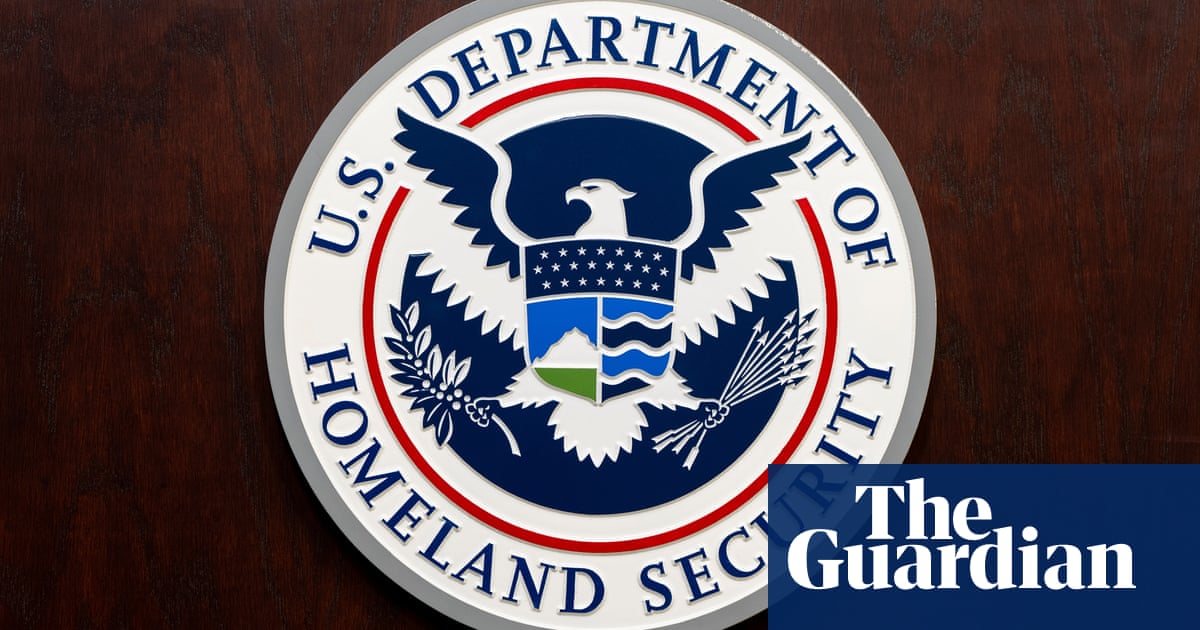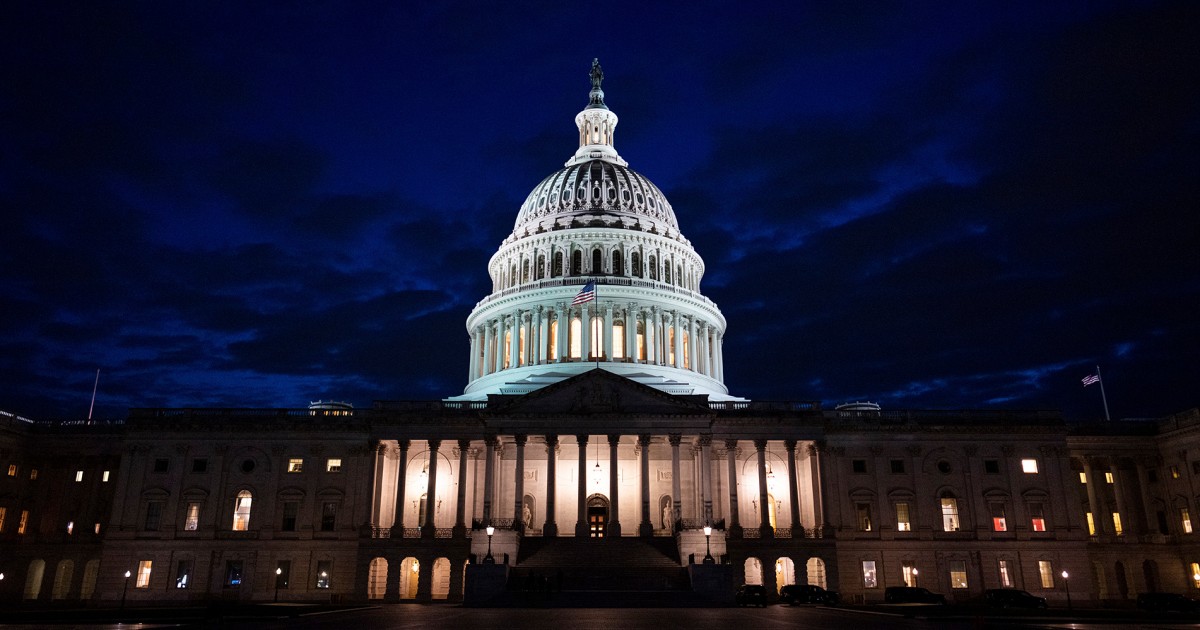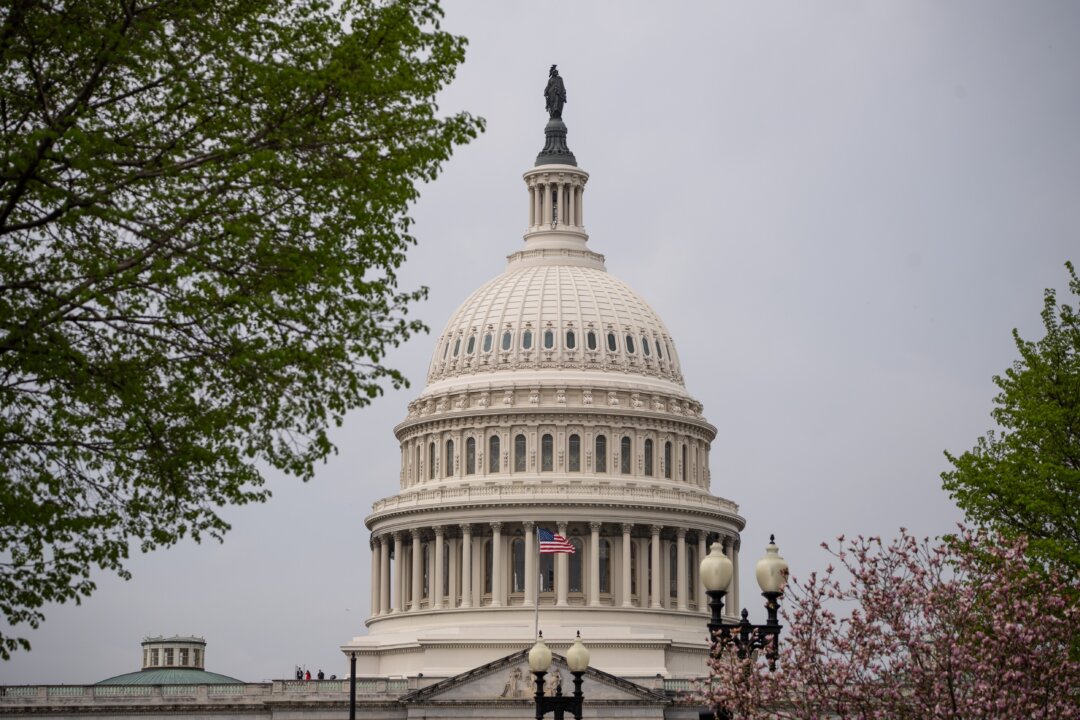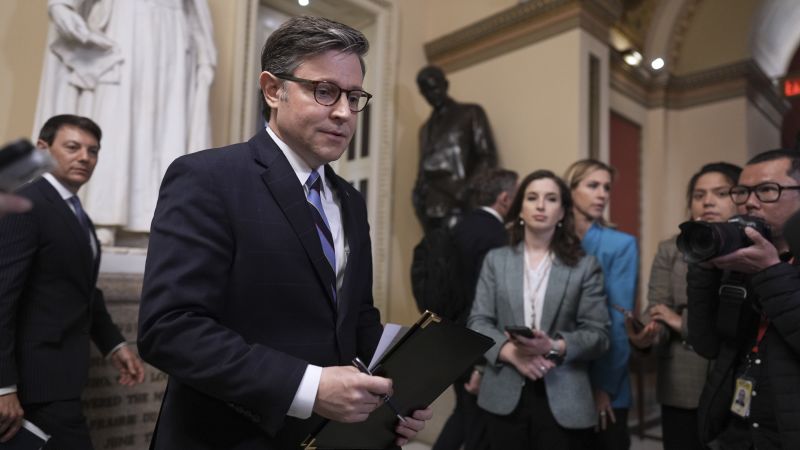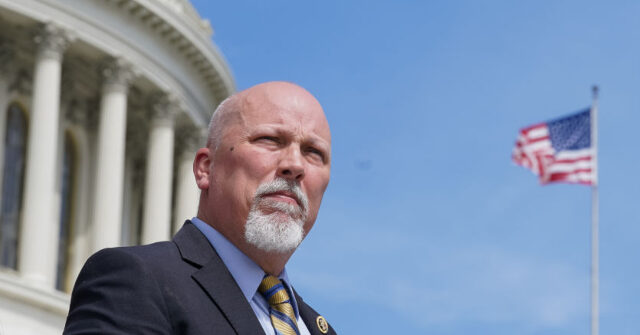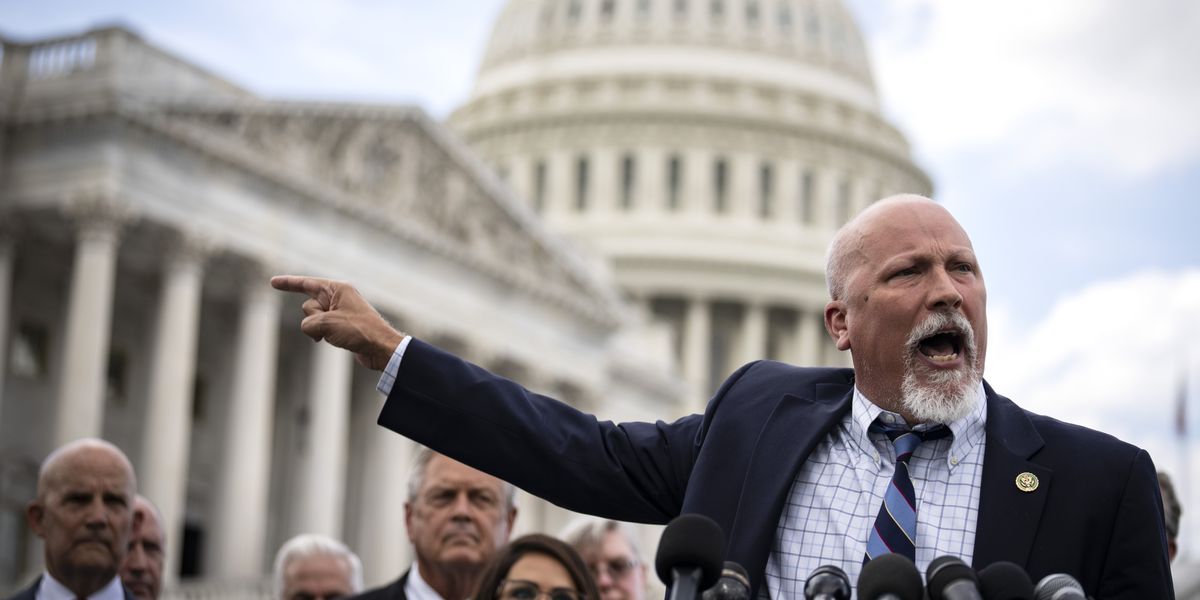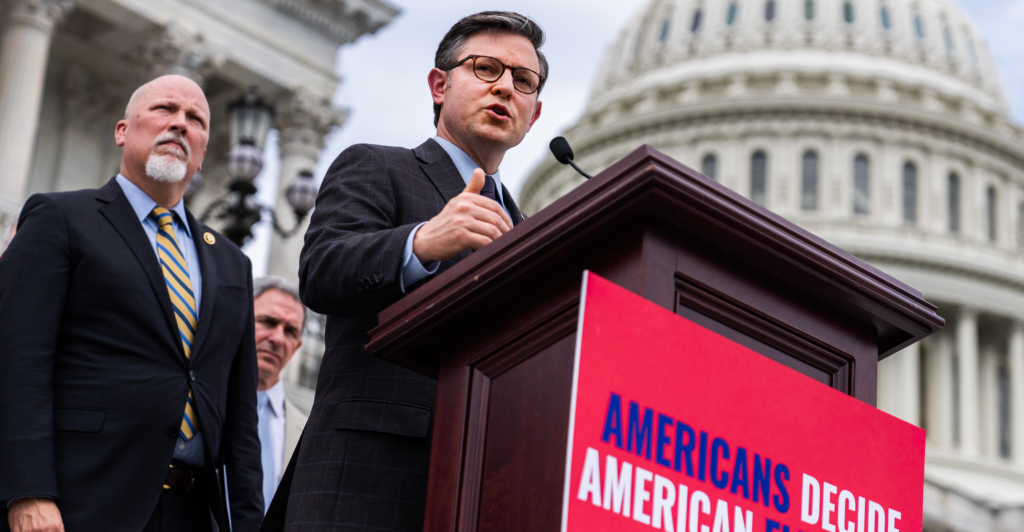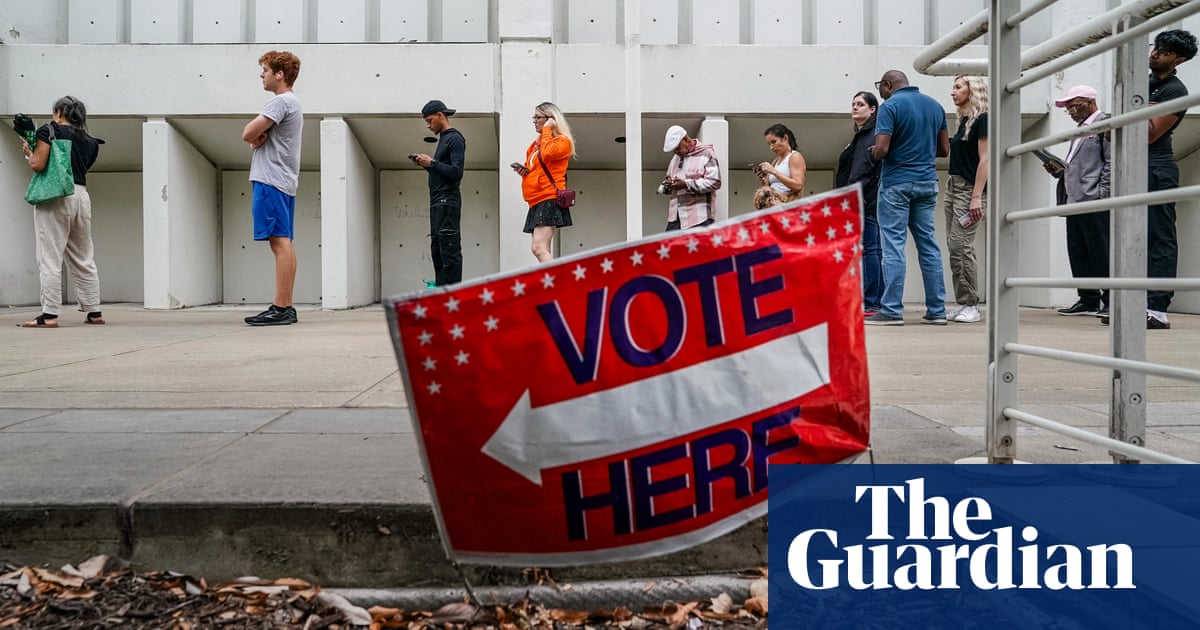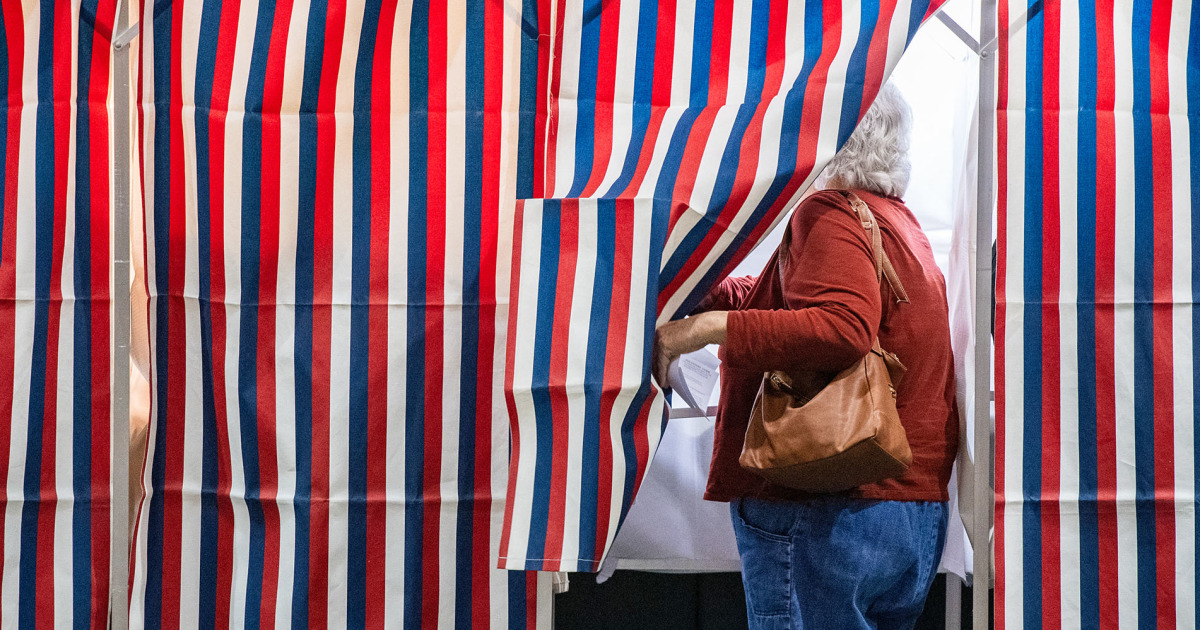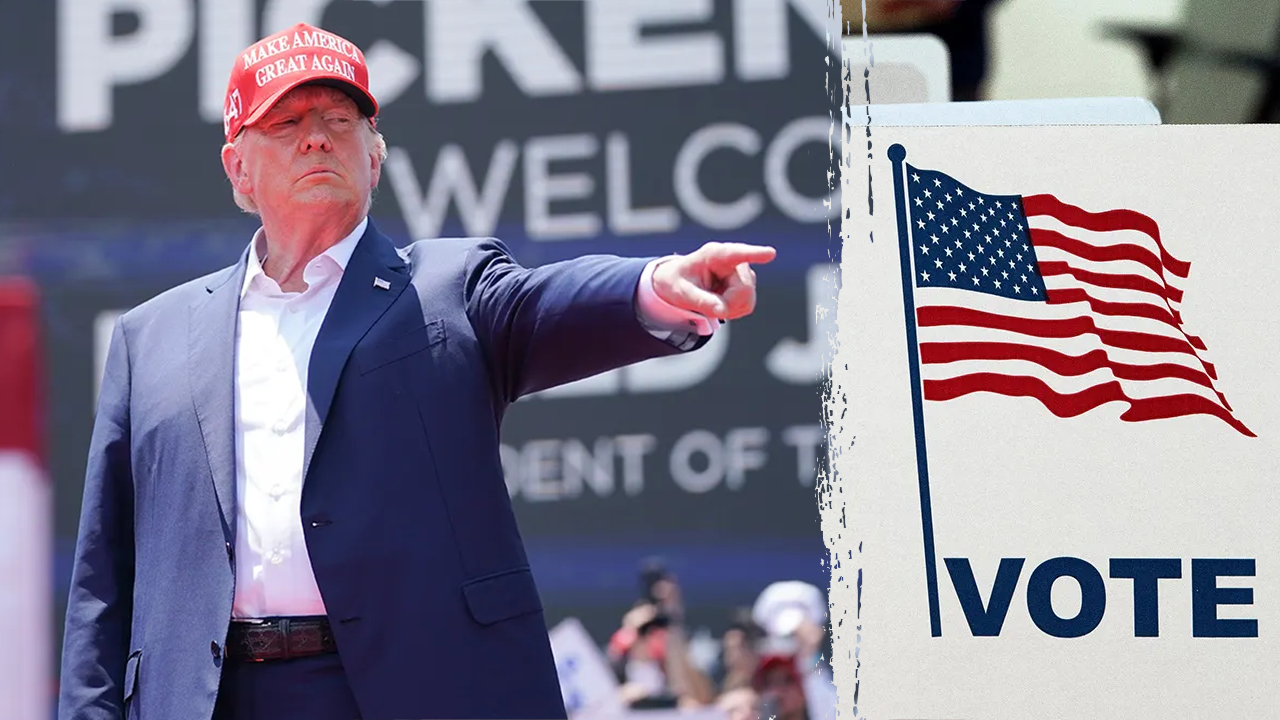U.S. House Passes SAVE Act Amid Controversial Noncitizen Registration Requirement
The SAVE Act passed in the House, raising concerns as a federal judge permits mandatory registration for noncitizens—a move threatening immigrant rights.
Overview
On April 10, the U.S. House of Representatives passed the bipartisan SAVE Act, requiring documentary proof of citizenship for voter registration, with a close vote of 220-208. Advocates fear it may disenfranchise millions, complicating voting processes and disproportionately impacting those without necessary documents. Compounding these concerns, a federal judge recently upheld the Trump administration's rule mandating that all noncitizens in the U.S. register with the federal government, effective April 11. This controversial requirement poses risks of fines and prosecution for those who fail to register, raising alarms about its implications for immigrant rights and potential mass deportations.
Report issue

Read both sides in 5 minutes each day
Analysis
Analysis unavailable for this viewpoint.
Articles (25)
Center (4)
FAQ
The SAVE Act requires individuals to present documentary proof of U.S. citizenship in person when registering to vote or updating their registration information. Acceptable documents include a passport, birth certificate, or military ID.
The SAVE Act could disproportionately impact married women and others who have changed their names, as many do not have documentation that matches their current legal name, leading to potential disenfranchisement.
Under the SAVE Act, noncitizens who fail to register with the federal government face risks of fines and prosecution, potentially leading to deportation.
Voting rights advocates have condemned the SAVE Act, arguing it poses unnecessary barriers to voting, could disenfranchise millions, especially marginalized communities, and undermines democratic participation.
After passing in the House with a vote of 220-208, the SAVE Act will move to the Senate, where it faces significant hurdles, including needing 60 votes to overcome a filibuster.
History
- 8M

 3 articles
3 articles
- 8M

 6 articles
6 articles

